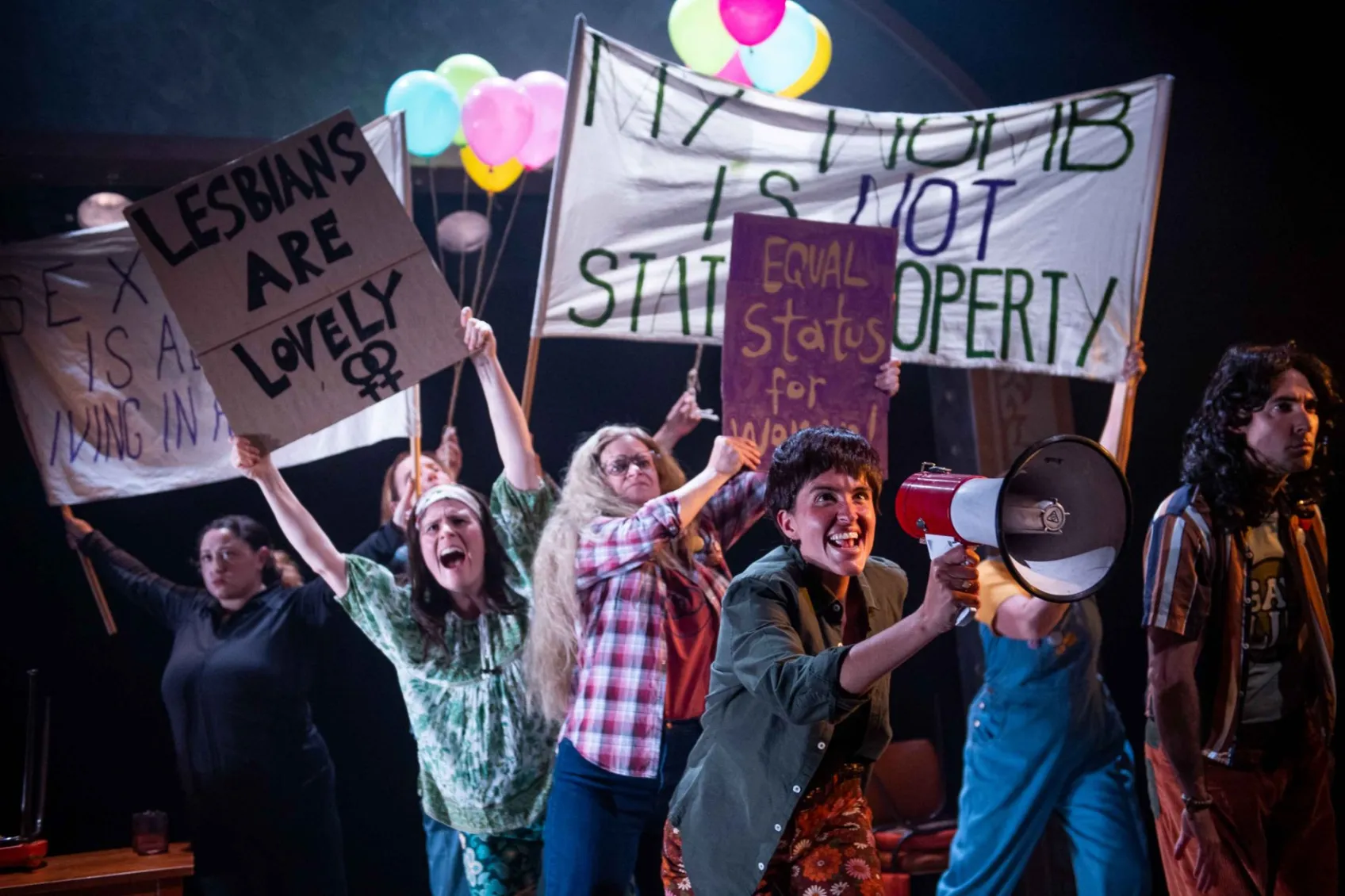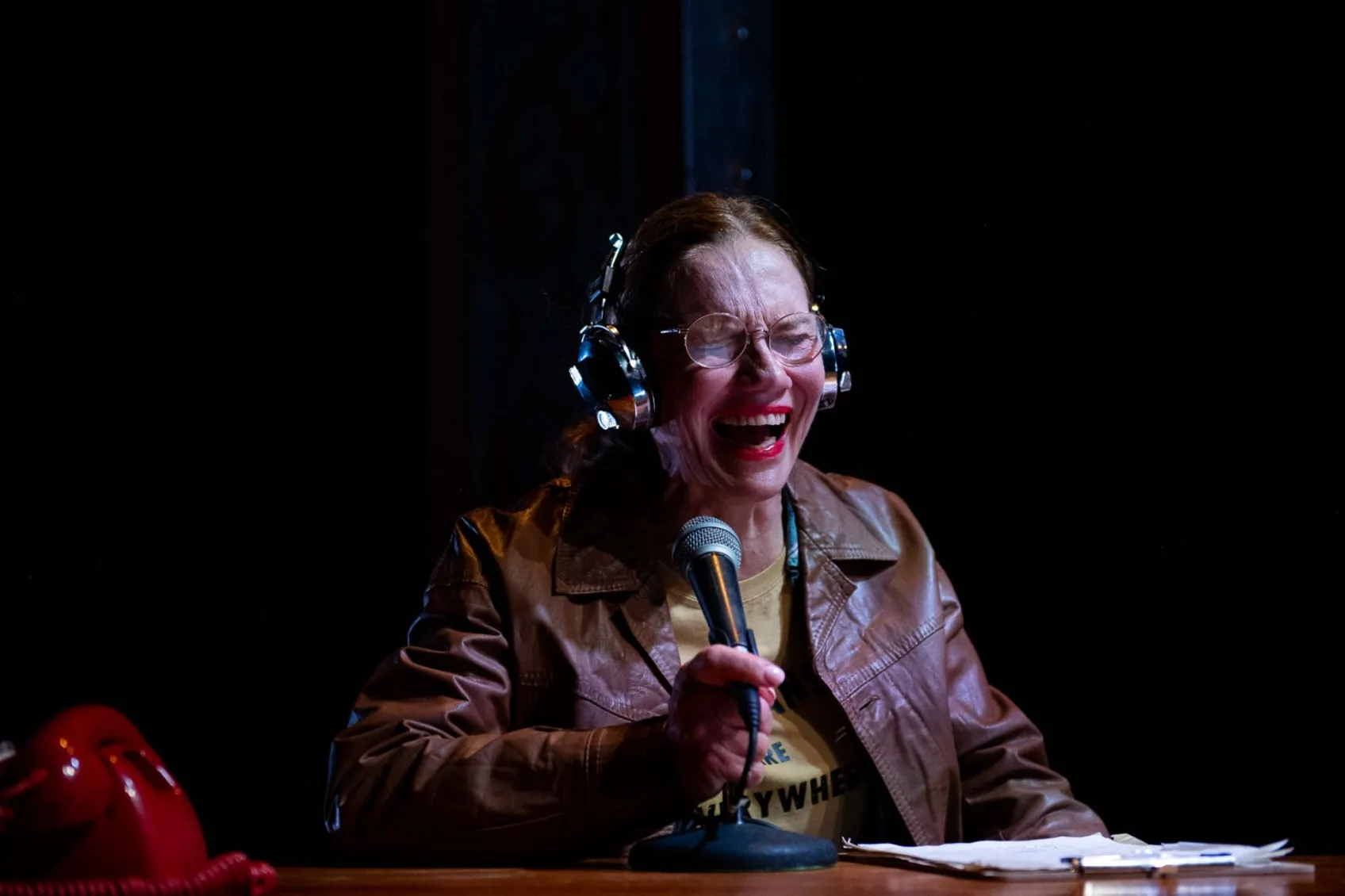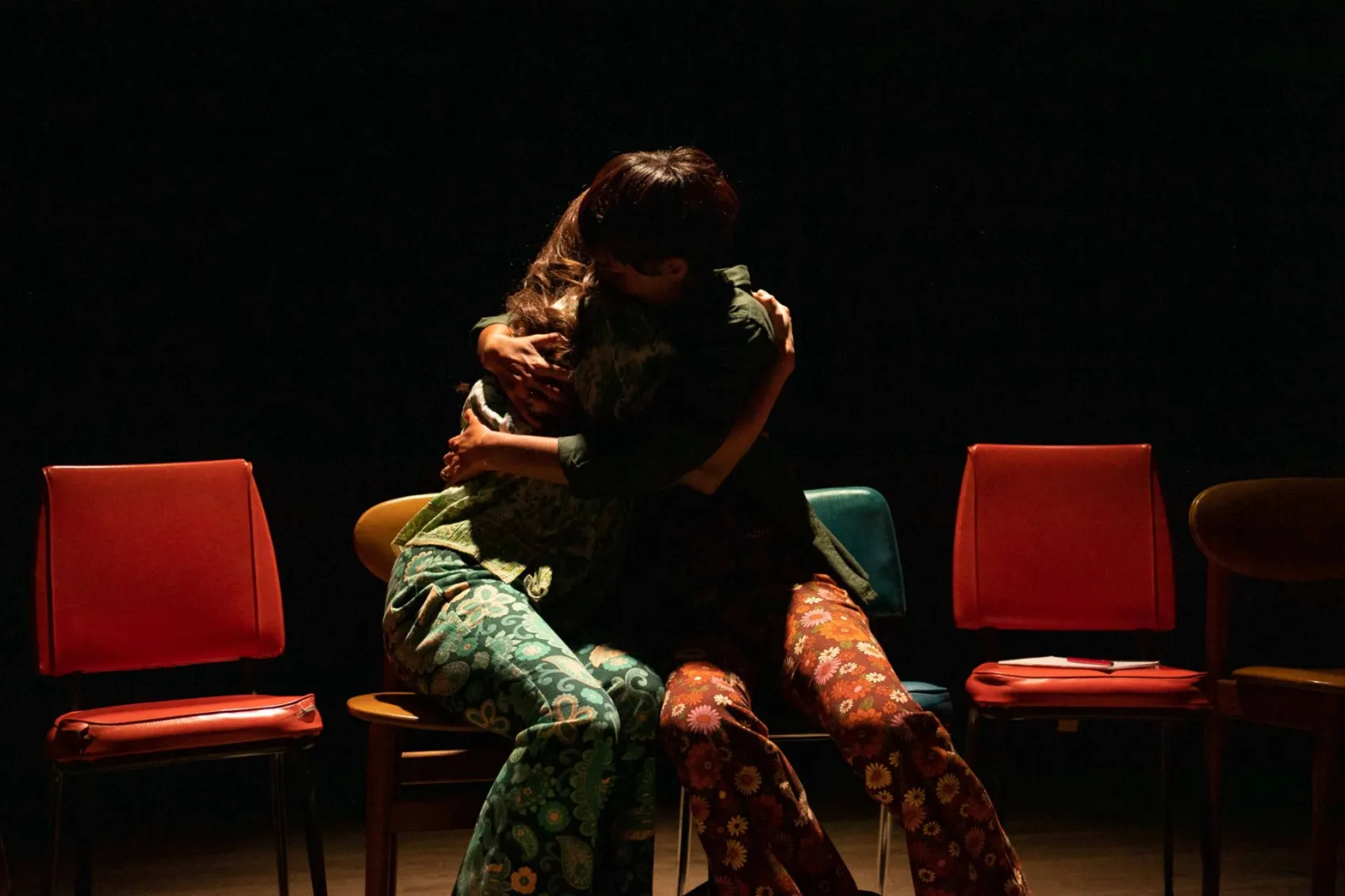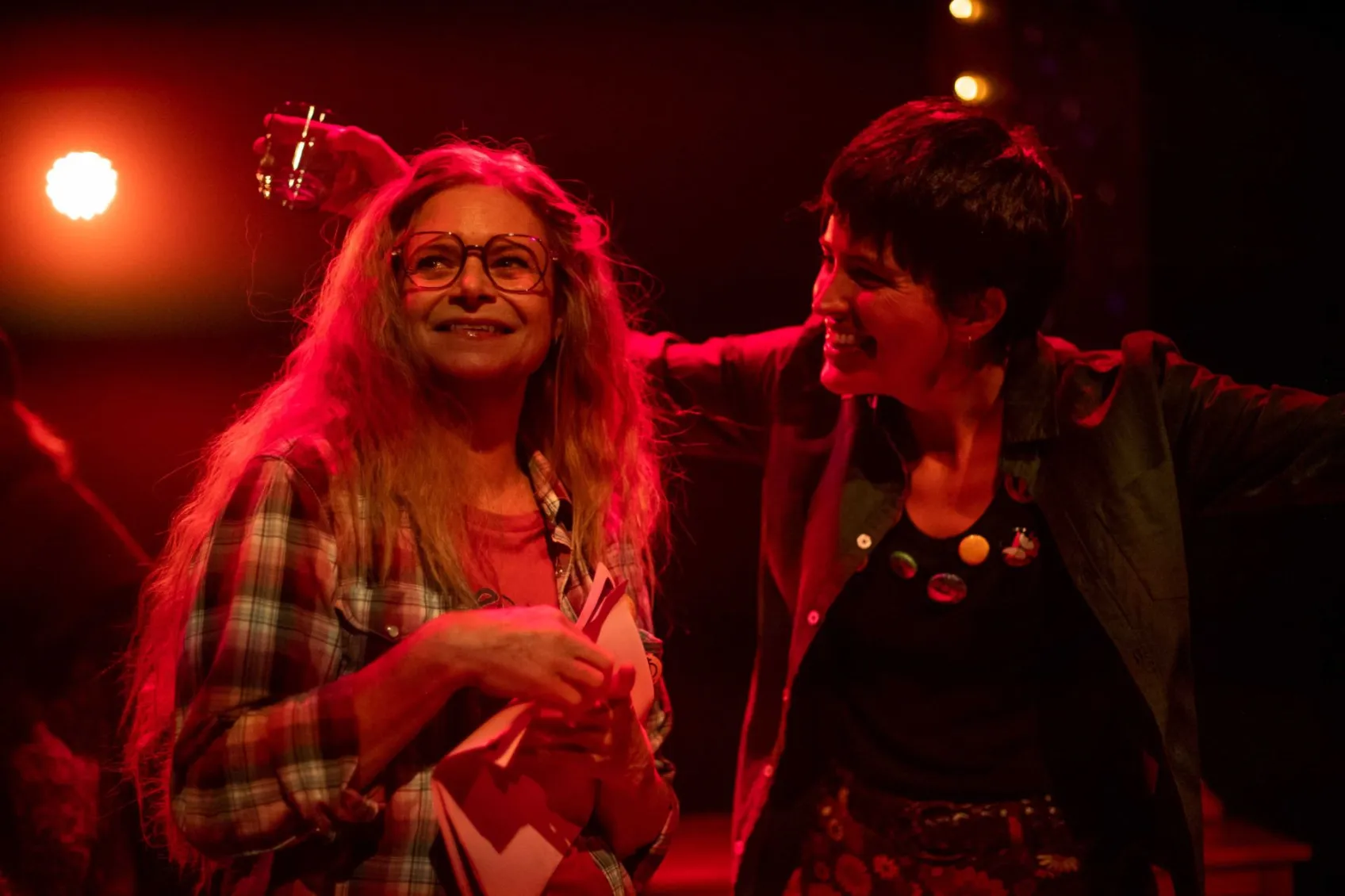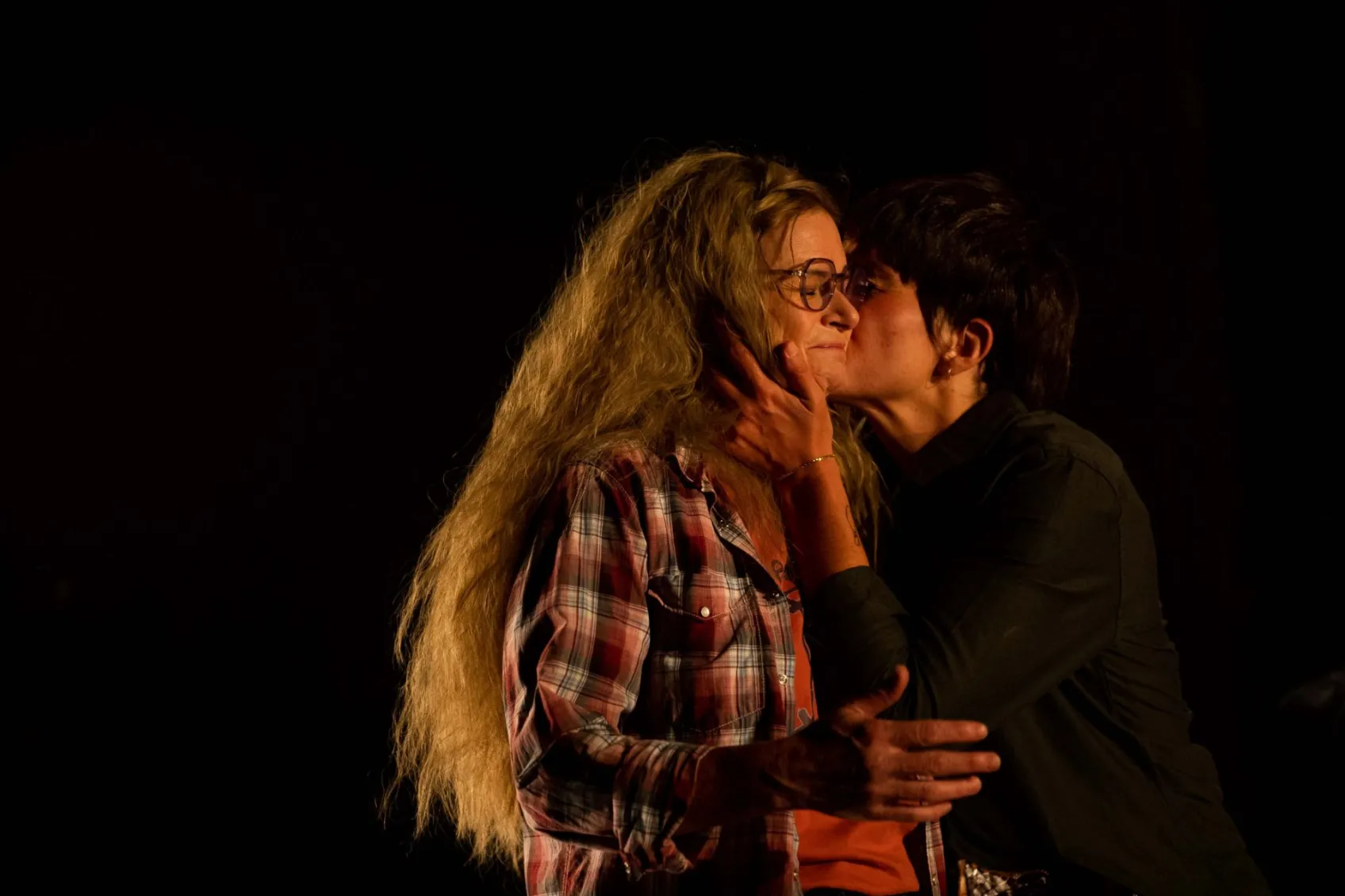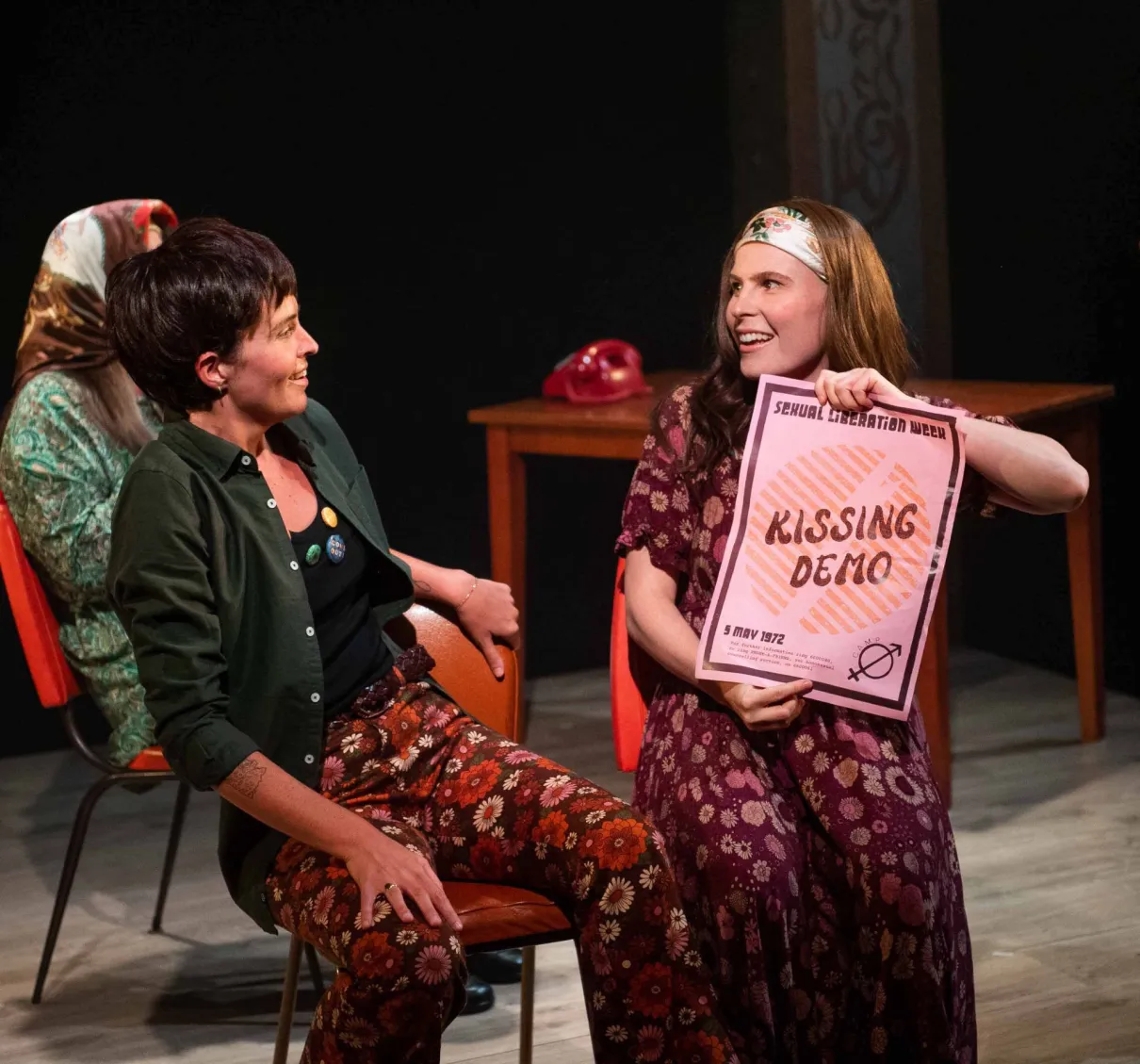Review: CAMP at the Seymour Centre
- Mar 3, 2023
- 3 min read
Review By Rosie Niven
As we come to the end of perhaps our biggest Mardi Gras season yet, many of us can reflect on the positivity that surrounded us this year - the community support, the truck loads of glitter-caked smiles, and the ease with which we could stand up and announce “I’m here and I’m queer”. While being a member of the LGBTQ+ community now is not without its challenges, there have been many trailblazers that bravely took to the streets, the community halls, and the media to fight for what we have today - but how many of them can you name? How much of their story do you know?
Elias Jamieson Brown’s new play CAMP shines a light on those who have come before us, exploring the many challenges they had to overcome so that celebrations like that which have happened this past month could even be conceptualised. More specifically, Jamieson Brown highlights the stories of the often-forgotten Lesbian women who fought tirelessly for rights and recognition, putting themselves and their families at risk. Spanning from the 1970s to present day, Jamieson Brown invites the audience to reflect on just how far we’ve come, and exactly who we have to thank for it.
CAMP, or The Campaign Against Moral Persecution, was an Australian group that fought for a greater public understanding of homosexuality, and a disruption of the scandalised narratives that alienated and discriminated against the queer community. While the characters within this play are fictional, they are inspired by the real life pioneers of CAMP who worked tirelessly to change the lives of queer Australians. The play introduces us to a myriad of characters within the organisation - Jo (Tamara Natt), a divorced mother seeking custody of her children, Tracey (Lou McInnes), a lost soul trying to run away from her past, and Krissy and Dave (Jane Phegan and Adriano Cappelletta), out and proud “friends of Dorothy” and relentless activists who will stop at nothing to make a change. Sandie Elridge, Genevieve Mooy and Anni Finsterer join the ensemble and bring us into the modern day as the older versions of Tracey, Jo and Krissy respectively, powerfully driving home the lifelong impact the queer rights movement had on those who were involved - and painfully reminding us of those who didn’t make it. With so many important moments of history to cover in a short time, Director Kate Gaul has assembled a fantastic team to execute her vision.
Production Designer Angelina Meany utilises the space in a creative way, skewing the stage against the traditional front-on design, feeling like a nod to the upheaval of the traditional narratives that CAMP was striving for. The bare walls on each side became cluttered with various props and posters, creating almost a museum of Sydney’s queer history, and reminding us of every small step that came before what was unfolding in front of us now. Jessica Dunn’s ambitious sound design joined the cacophony of voices through the play - while at points this did become distracting and made it difficult to find a true focal point in the scene, Dunn was able to use sound to reminisce in the chaos of Sydney queer rights movement, and amplified this cast of seven to feel as if their rally cries filled the large theatre. Morgan Moroney’s use of archival footage and delightful projection mapping bounces CAMP’s history around the space, grounding the stories of these fictional characters in the very real history of Sydney’s own queer community.
With so many narratives to unfold and characters to explore, CAMP feels as if it should be much longer than 90 minutes - and while I’m a big fan of plays with no intermission, some of the storylines felt rushed or ineffective. This is more a challenge with the script than Gaul and her team’s choices, and the creative team took these fast paced scenes and time jumps in their stride, supported by Emily Ayoub’s movement direction to flow comfortably through the narrative.
Despite CAMP and its members being one of the figureheads of the queer liberation movement in Australia, their stories are scarcely shared. I’d argue that more Australians are aware of events such as the Stonewall Riots than the complex history of what’s unfolded in our own backyard. The most striking moment of CAMP sat in its return to reality, as each of the performers listed the names of the 53 people identified publicly in 1978 by the Sydney Morning Herald for attending the first Mardi Gras protest - but this time, rather than ostracising and shaming, it felt like an acknowledgement. A way to remember those who came before, so that we could exist the way we do now. Gaul and her team have rallied in a powerful way to share stories of those who deserve to be remembered - and what better time than World Pride to finally give them the platform.
Image Credit: Alex Vaughan


